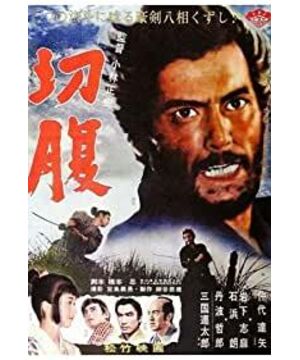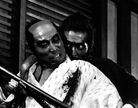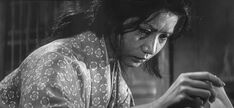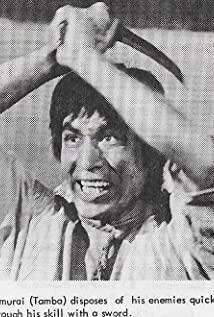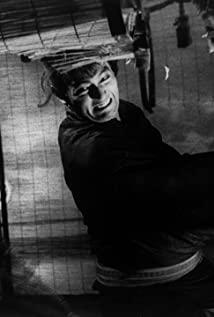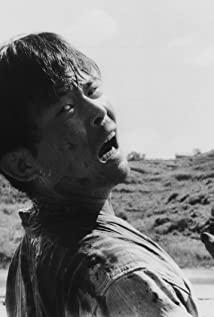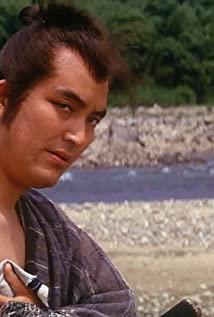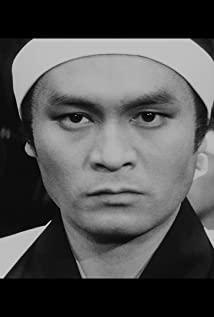Although the rhythm is a bit lengthy, it is a film from the 1960s after all. It is an ancient Greek tragedy of three uniforms. It combines the story of a Ding Juren punching a hole with Yiji and the classic Hollywood story of a tough guy who breaks into the dragon pool for his child. The thing is, this time the tough guy died, and Ding Juren was still his Ding Juren. The fallen samurai is really an old-fashioned problem left over from history. The Japanese dynasties and dynasties have not done a good job of appeasement and transfer work, and left them to fend for themselves. These people are high-level mercenaries with controlled knives. Long-term poverty will definitely cause social problems. Yes, the sword never left the body at first may be just to prevent being stolen, and then it gradually became a habit, and this inheritance gradually became part of the Bushido spirit, but how can you work with a sword (Japanese sword)? If I pick up the gun, I can't move bricks to support you, and if I put down the gun, I can't protect you, I can't get my identity, I can't let go of my posture, I feel like a craftsman, I should stick to the tradition, but I can't support myself, so After all, when Qian Qianyan took out the bamboo sword, there were only two speculations. One, he was a fake samurai and a liar. Two, he sold the samurai's most precious thing for a living. No matter what point, it is a shame for the samurai warriors of the Jing family who do not worry about food and clothing. They stand on the high ground of morality because of the wealthy family they rely on, so they are suffering from Qian Qianyan who cuts the abdomen with bamboo knives. He did not cut off his head, but let him die in pain. Of course, Qian Qianyan's death did not become the whole motive for Jin Yun's argument. The real fatal injury was the mockery of the three high-ranking warriors. It's this deformed social value. They not only don't value human life, but they also laugh at Jin Yun when he draws out a bamboo sword in front of senior warriors like Jin Yun. Jin Yun is not only completely provoked, but also blames himself. For the so-called honor and dignity, even his daughter is terminally ill. The samurai sword that Sun Tzu didn't want to sell became the last tool of self-discipline in his story
View more about Hara-Kiri reviews


